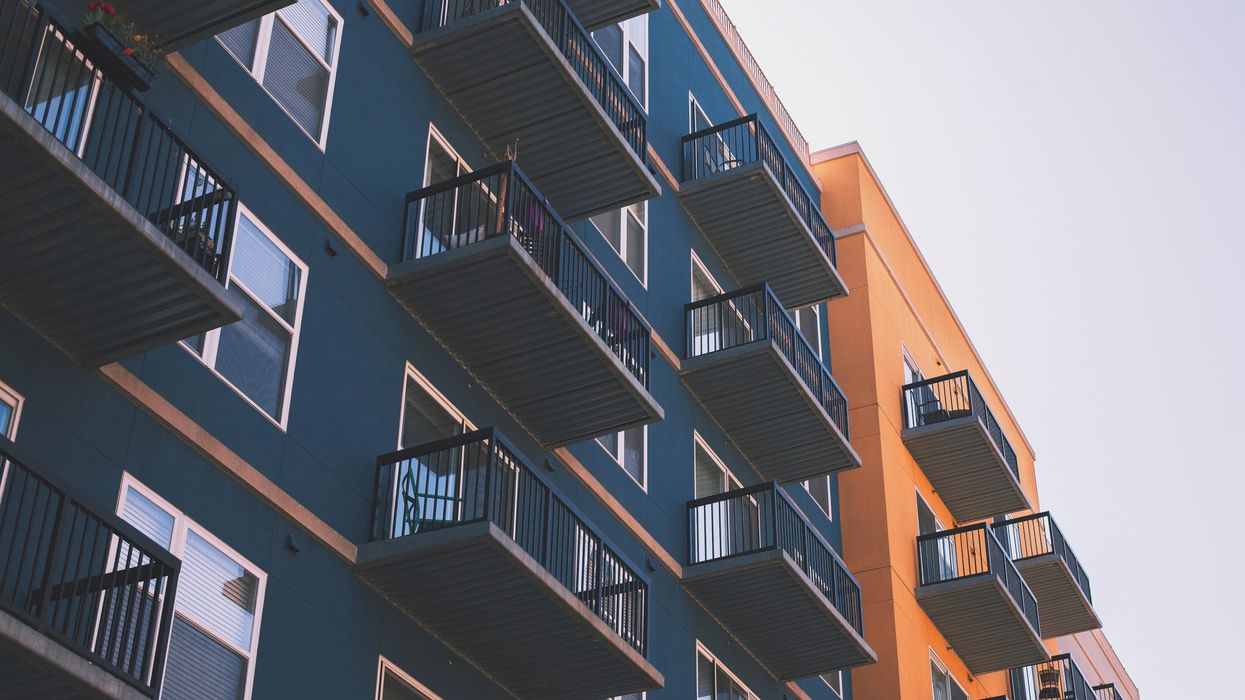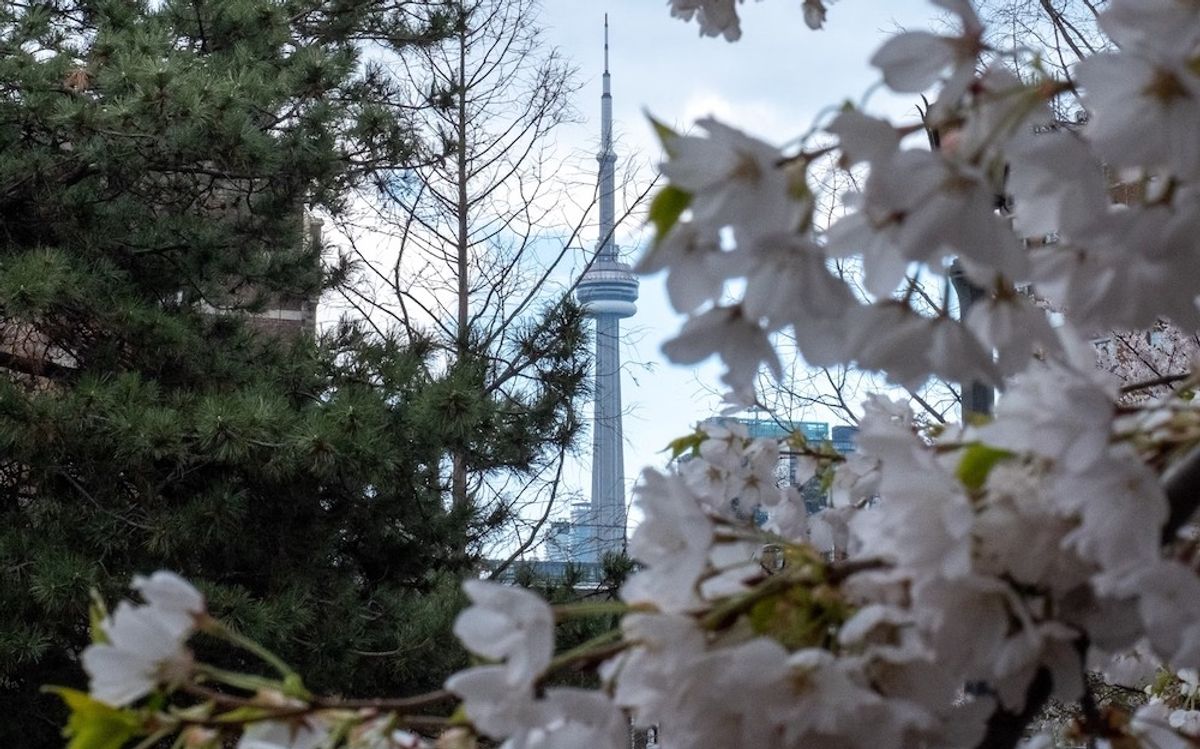The affordable housing crisis in Toronto may not be over, but new developments proposed for construction are beginning to pose a solution. In 2016, Toronto City Council launched the Open Door Affordable Housing program to accelerate construction with municipal contributions bolstering the capital.
The initiative yielded eight new proposals for a total of 651 lower-priced homes, three of which come from non-profit agencies and five from private developers. Mayor John Tory applauded city efforts, which will cost city council more than $12 million to subsidize. More than $38 million worth of financial incentives will follow under the Open Door Program, including deductions in development charges, building permits, planning fees and municipal property taxes.
READ: Activists Need City Of Toronto’s Help To Make Affordable Tower A Reality
Tory spoke to reporters about the planned developments saying that the city needs “to considerably step up that pace” to get the housing up and running. He noted that the Open Door initiative is but “one tool” that can help, though on its own, won’t solve the crisis. Council has approved almost 6,700 units through Open Door since the program began in 2016. “We haven’t come up with all the tools we’ll need,” said Tory, referencing the ridiculously high rents and housing prices. By Tory’s accounts, the program has seen 237 affordable rentals completed and occupied, while another 782 remain under construction.
While some groups still grapple with defining what exactly counts as affordable in Toronto, many residents struggle with finding a place to call home.
READ: Toronto Is One Of The Worst North American Cities For Affordable Housing
Toronto Community Housing has been called out, for example, for failing to house more than 1,000 families, while about 1,400 of Toronto’s subsidized housing units sits empty each day. Even professionals who make more than six figures, such as established paramedics profiled in this TVO article, serve the city’s residents, yet cannot actually afford to live within the city limits themselves.
By October, City Council should receive the remainder of the 6,694 green-lit projects and assist them “going through required planning approval processes,” said Tory. Meanwhile, Councillor Ana Bailao, the city's housing advocate, spoke of a proposal to give five non-profits, who were not on the recommended list, funding to assist their future pitches. She also insisted that the city needs to redefine what actually counts as “affordable” to ensure that these new properties will stay affordable for as long as possible. Many housing advocates simply want more developments to focus solely on rental units.
READ: Affordable Units Could Soon Become Mandatory In All Toronto Condos
City staff recommended the following projects: 685 Queen St. E. (32 affordable units); 2217 Kingston Rd. (24 affordable units); 591 Finch St. W. (159 affordable units); 884 Kingston Rd. (30 affordable units); 82 Buttonwood Ave. (106 affordable units); 989 College St. (17 affordable units); 3775-4005 Dundas St. W. (63 affordable units); and 1236 Birchmount Rd. (220 affordable units).
Now, Toronto residents must wait to see how long it takes till construction actually starts and ends.





















